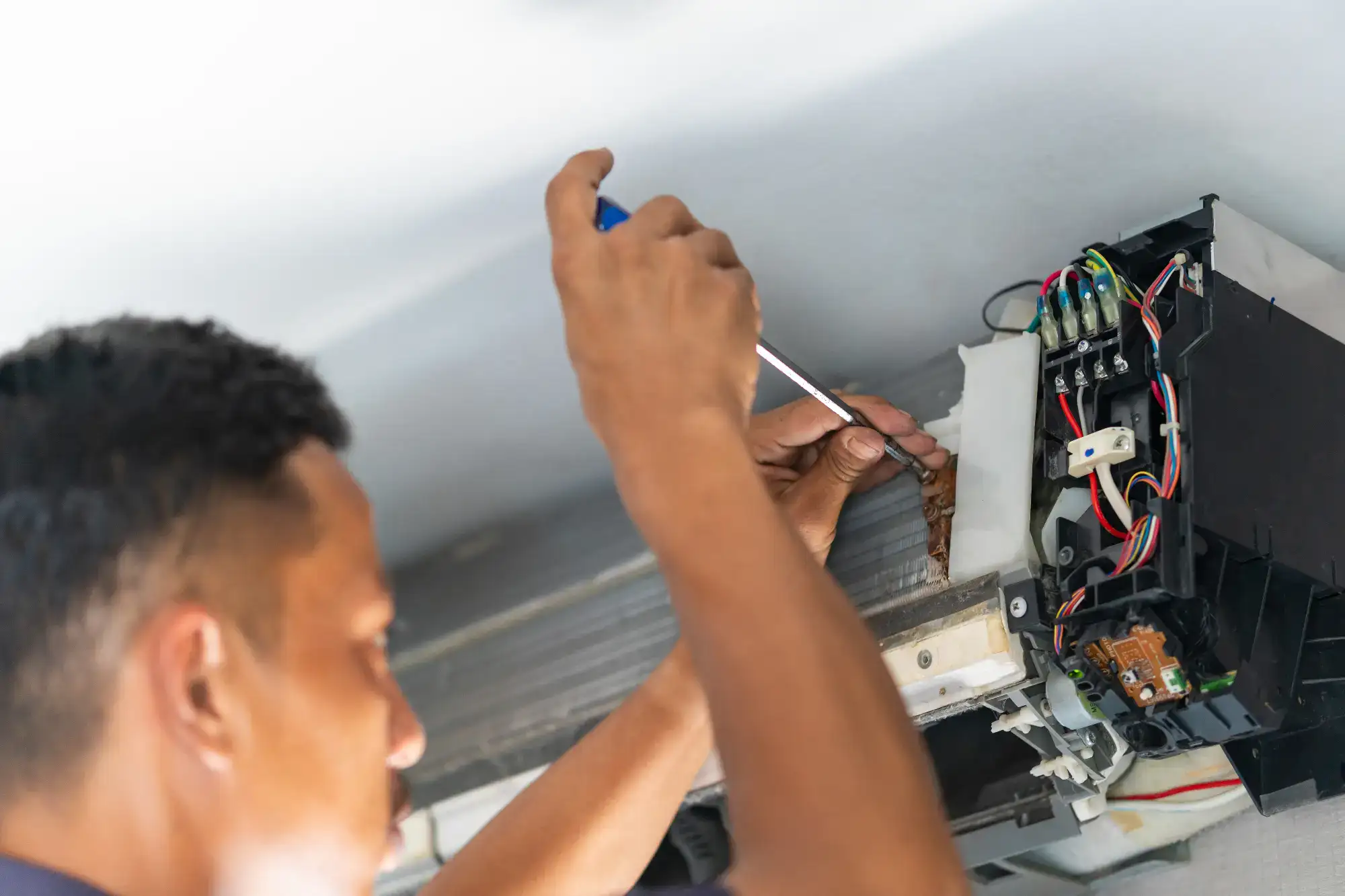Prevent breakdowns, slash energy bills, and extend your AC’s lifespan with professional maintenance.
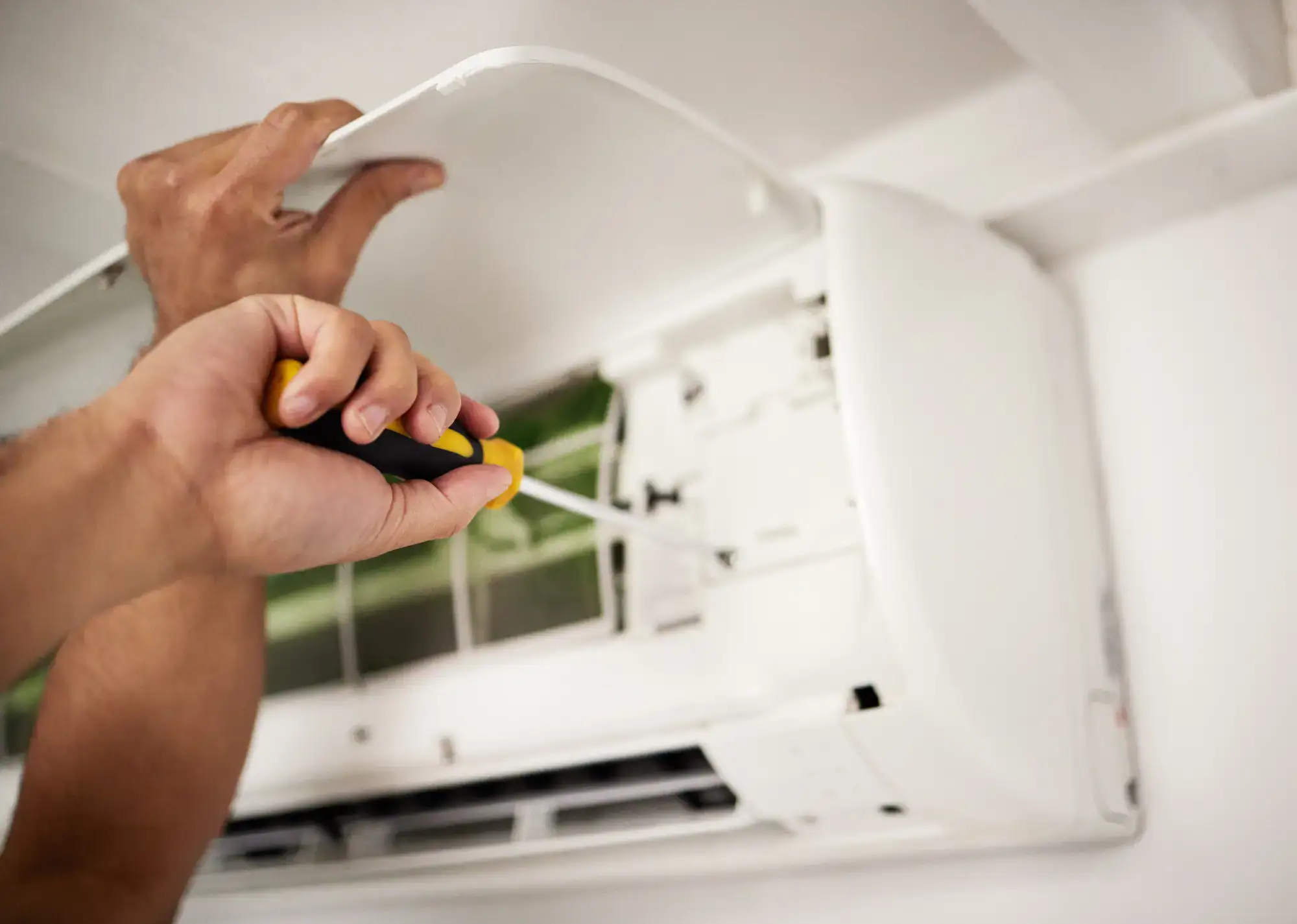
Hear From Our Customers
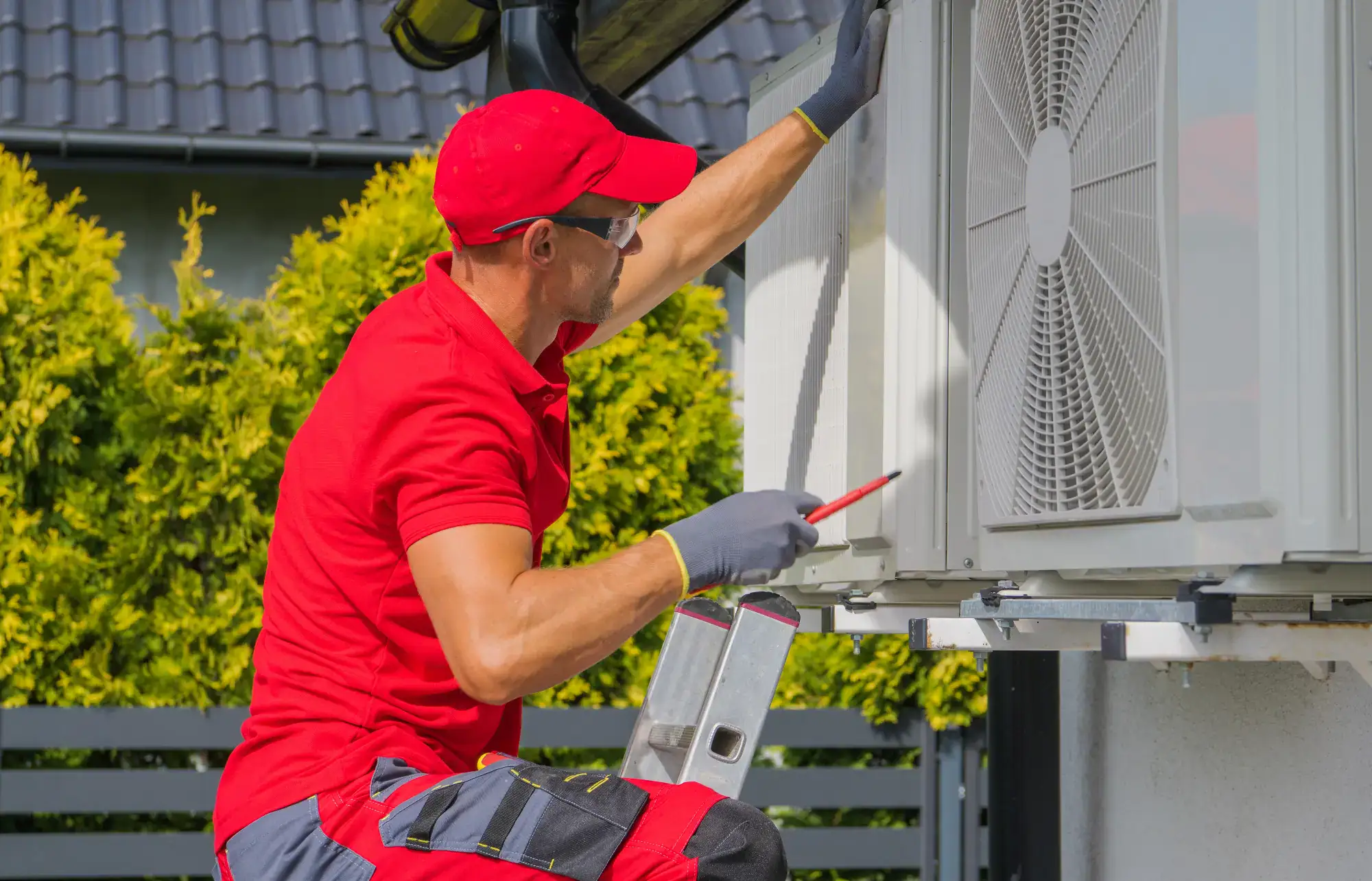
Your AC system works hard during New Jersey’s humid summers. Without regular maintenance, it’s fighting an uphill battle against dirt, debris, and normal wear that quietly steal efficiency and shorten its life.
Regular AC maintenance keeps your system running at peak performance. You’ll notice more consistent cooling throughout your home, lower energy bills, and that peace of mind that comes from knowing your system won’t quit on the hottest day of the year.
Clean coils transfer heat better. Calibrated thermostats maintain steady temperatures. Fresh filters improve your indoor air quality. When everything works as designed, your home stays comfortable and your wallet stays happy.
Super Plumbing Heating & Cooling LLC has been keeping Wood-Ridge homes comfortable for years. We understand how New Jersey’s climate affects your AC system and what it takes to keep it running efficiently.
Our technicians are licensed, insured, and trained on the latest HVAC technology. We’re not the company that shows up when your system breaks down and tries to sell you a new one. We’re the company that prevents those breakdowns from happening in the first place.
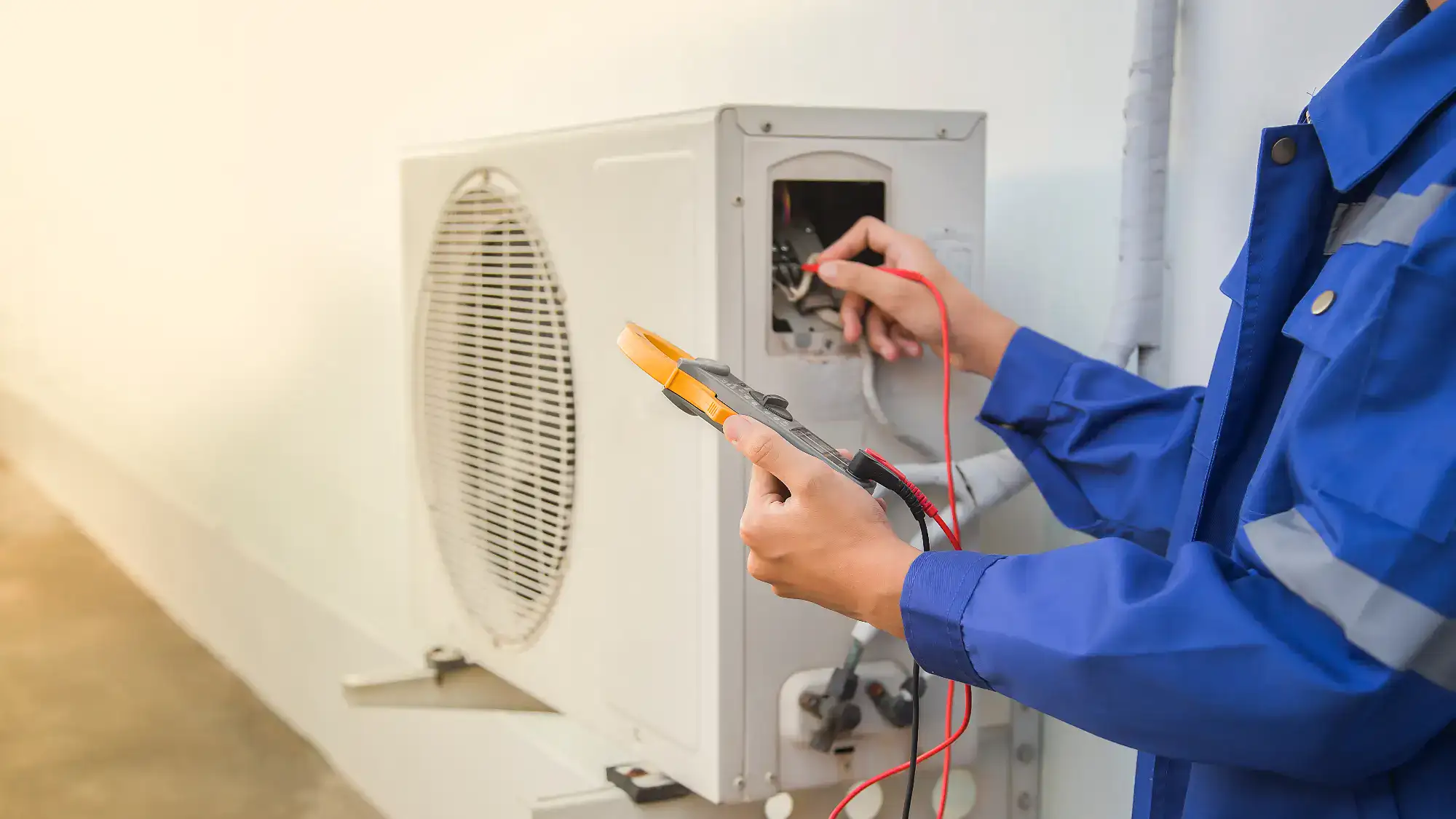
We start with a complete system inspection, checking electrical connections, refrigerant levels, and overall system operation. Our technicians clean your condenser and evaporator coils, which is where most efficiency is lost over time.
Next, we calibrate your thermostat, lubricate moving parts, and inspect your ductwork for leaks that waste energy. We check drain pans and condensate lines to prevent water damage and test for refrigerant leaks.
Before we leave, we replace or clean your air filter and provide you with a detailed report of our findings. If we spot any potential issues, we’ll explain them clearly and give you options for addressing them before they become problems.
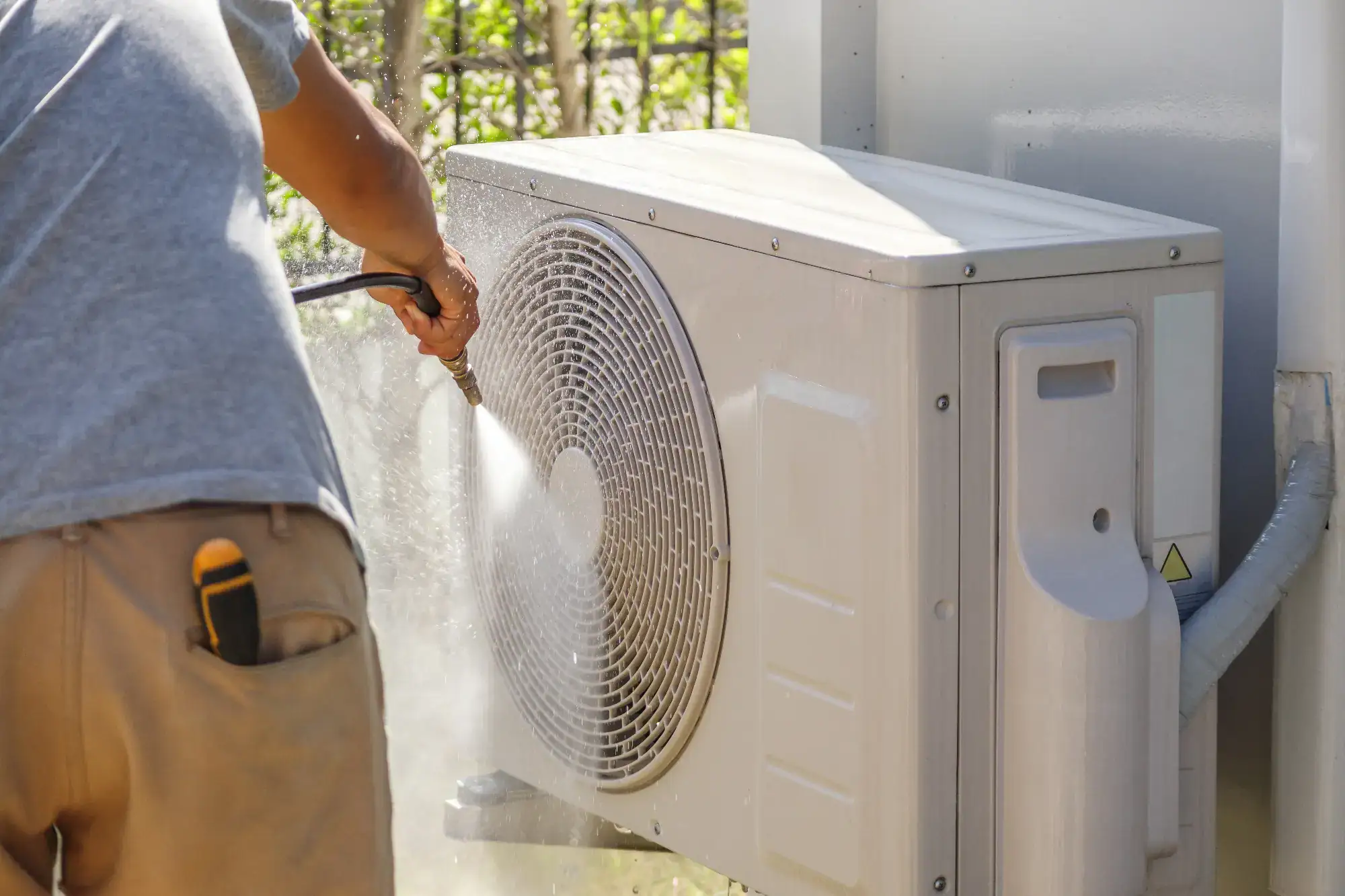
Ready to get started?
Our comprehensive AC maintenance covers everything your system needs to run efficiently. We perform a 20-point inspection that includes coil cleaning, refrigerant level checks, electrical connection testing, and thermostat calibration.
Wood-Ridge homes deal with specific challenges like high humidity and seasonal temperature swings. Our maintenance addresses these local conditions by ensuring your system can handle the load when temperatures spike and humidity soars.
Maintenance plan members get priority scheduling, which means you’re first in line when you need service. You’ll also receive discounts on repairs and replacement parts, plus seasonal reminders so you never miss a tune-up.
